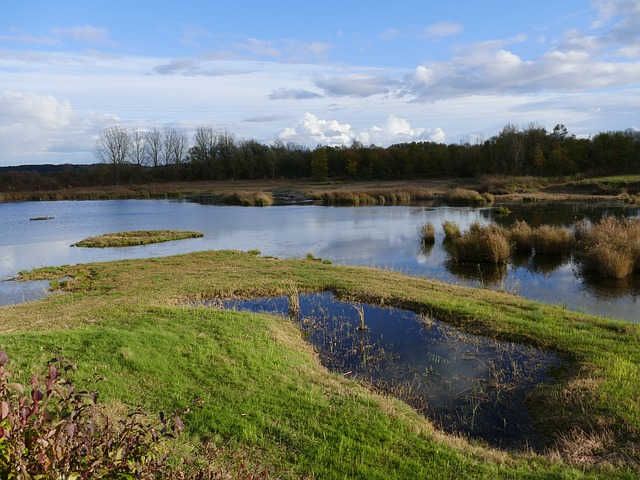The earth, truth be told is more fragile today than it had ever been during the course of its long history, spanning 4.5 Billion years. It is the largest biosphere and is currently home to various flora and fauna; the sheer diversity of life on earth is just staggering and made more unique by the fact that life, for the moment, exists only on earth. The sheer diversity makes it hard to calculate the exact number but the most optimistic projections place the total number of species including plants on earth, at 50 million with approximately one million being discovered each year. That’s why the earth is a living biosphere and one that we need to do all we can do to better protect the same. It’s time to take a closer look at some of the positive and negative effects of humans on biospheres.

The positive impact of humans on the biosphere:
As hard as it can be to imagine that humans, in general, had a positive effect on the biosphere, the fact remains that they did, read on to know more.
- Introduction of new species: Man had been instrumental in introducing several new species, both flora and fauna as a result of exploration and colonization. For example, Spain’s foray into the new world resulted in the introduction of tomato to mainland Europe and today, it is one of the mainstays of most cuisines all over the world. Similarly, rubber from the Amazon basin was introduced to Malaysia and today Malaysia is one of the largest exporters of Rubber. And as for food crops, rice was introduced to Vietnam from India and today, it forms one of the staple foods in all of South East Asia and is used in several cuisines and food preparations.
- Crossbreeding: We have been instrumental in crossbreeding several crops successfully over the last few centuries to improve its resistance to natural infestations, to improve its yield and as a result, farms are able to produce much better yield than before, resulting in a larger variety of crops, and deflated prices.
- Domestication: We had been instrumental in domesticating wild animals and utilizing them for various essential products such as milk, cheese, curd etc. In fact, we have been instrumental in introducing several species of cows that produce a better yield to several parts of the world. For example, the Jersey breed, known for its high yield of milk was first introduced to Australia in 1892 and since then, Jersey cow is one of the popular breeds of cattle in other parts of the world as well
- Better utilization of natural resources: We have also been quite successful in tapping various natural resources and utilizing the same for fuel, and energy. With global warming impacting global weather patterns and the decided focus on renewable energies, we have been equally successful in utilizing various natural resources for renewable energies, such as solar power, hydrothermal power, solar power, etc.
The negative impact of humans on natural biospheres:
- Industrialization: With higher demand and less supply, the demand for arable land, better resources seems to be instrumental behind the current industrialization drive. As a result, the earth is losing its natural cover, mainly rainforests, as more companies seek to acquire arable land and in the process, clear all natural habitats and ecosystem that may be part of the same. As a result, more species that are dependent on such natural ecosystems are unable to survive the change and often go extinct.
- Population growth: With world population growing at an exponential rate, it is only a matter of time before we outstrip our natural resources. Earth does not come with infinite resources and as a result, with population growth rate skyrocketing, soon it will be impossible to provide everyone with access to essential supplies and even potable drinking water.
- Pollution: With industrial pollutants, vehicle emissions, already impacting the quality of the air we breathe, the impact on the natural biosphere is even more. Industrial and chemical pollution has already been instrumental in destroying natural habitats, increasing toxicity in local water bodies and this has even started to impact the natural food chain.
These are some of the positive and negative effects of humans on biospheres; the issue though is that with global warming, it is important that we minimize our carbon footprint to the point that we are able to better protect our natural environments. After all, all of this only help contribute to global warming, which continues to impact us even today.
- Tulip Mania – The Story of One of History’s Worst Financial Bubbles - May 15, 2022
- The True Story of Rapunzel - February 22, 2022
- The Blue Fugates: A Kentucky Family Born with Blue Skin - August 17, 2021
